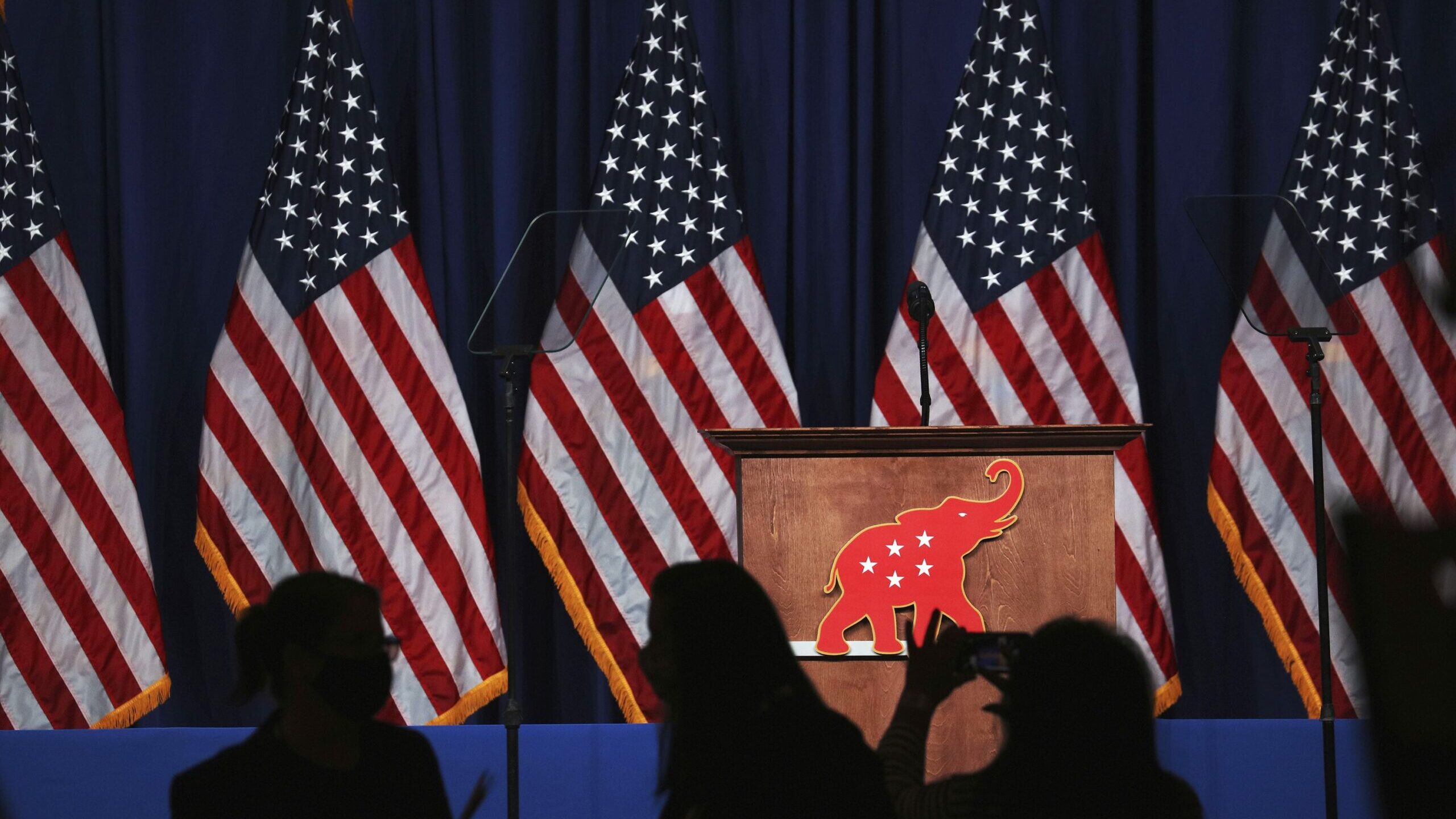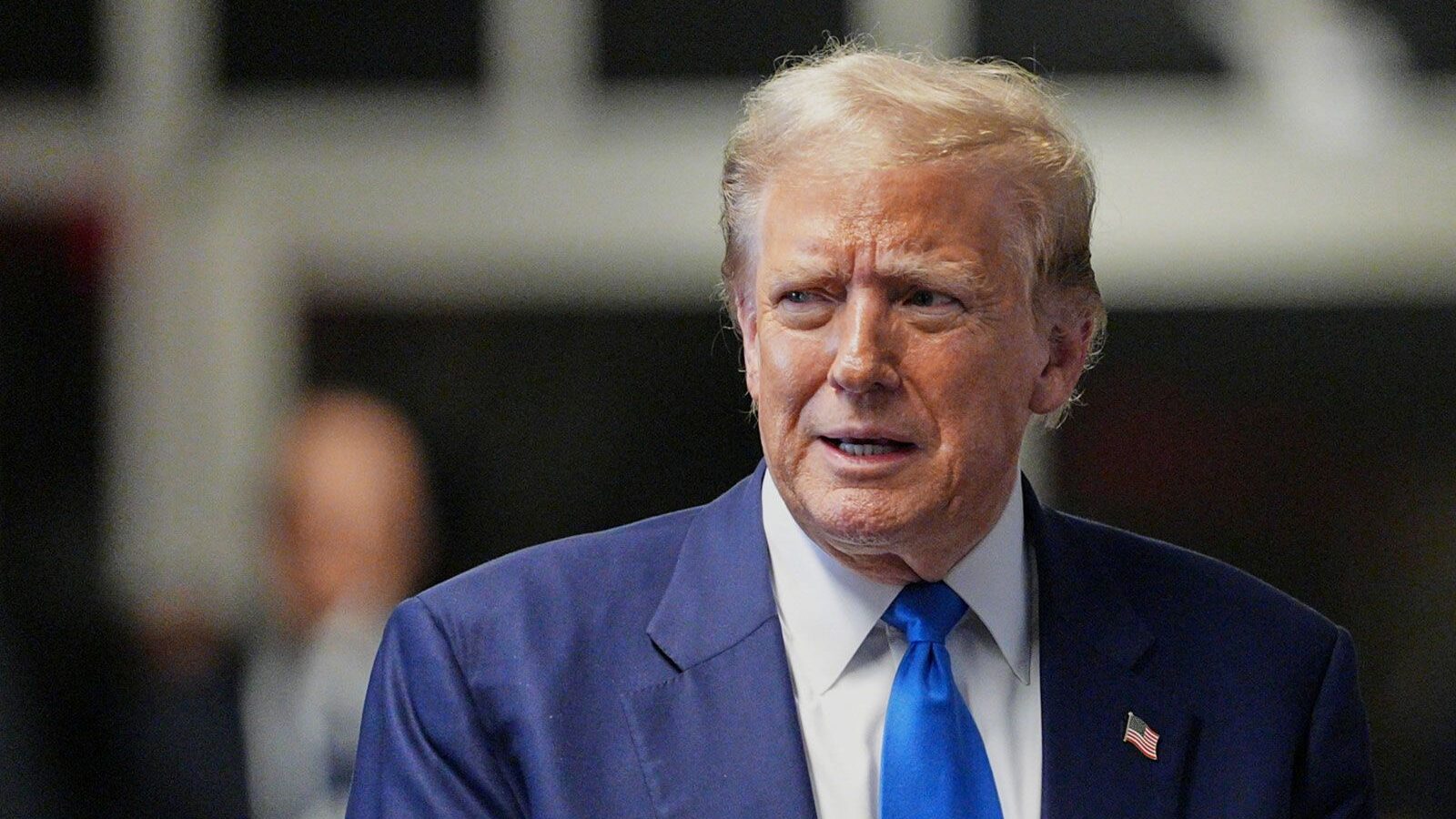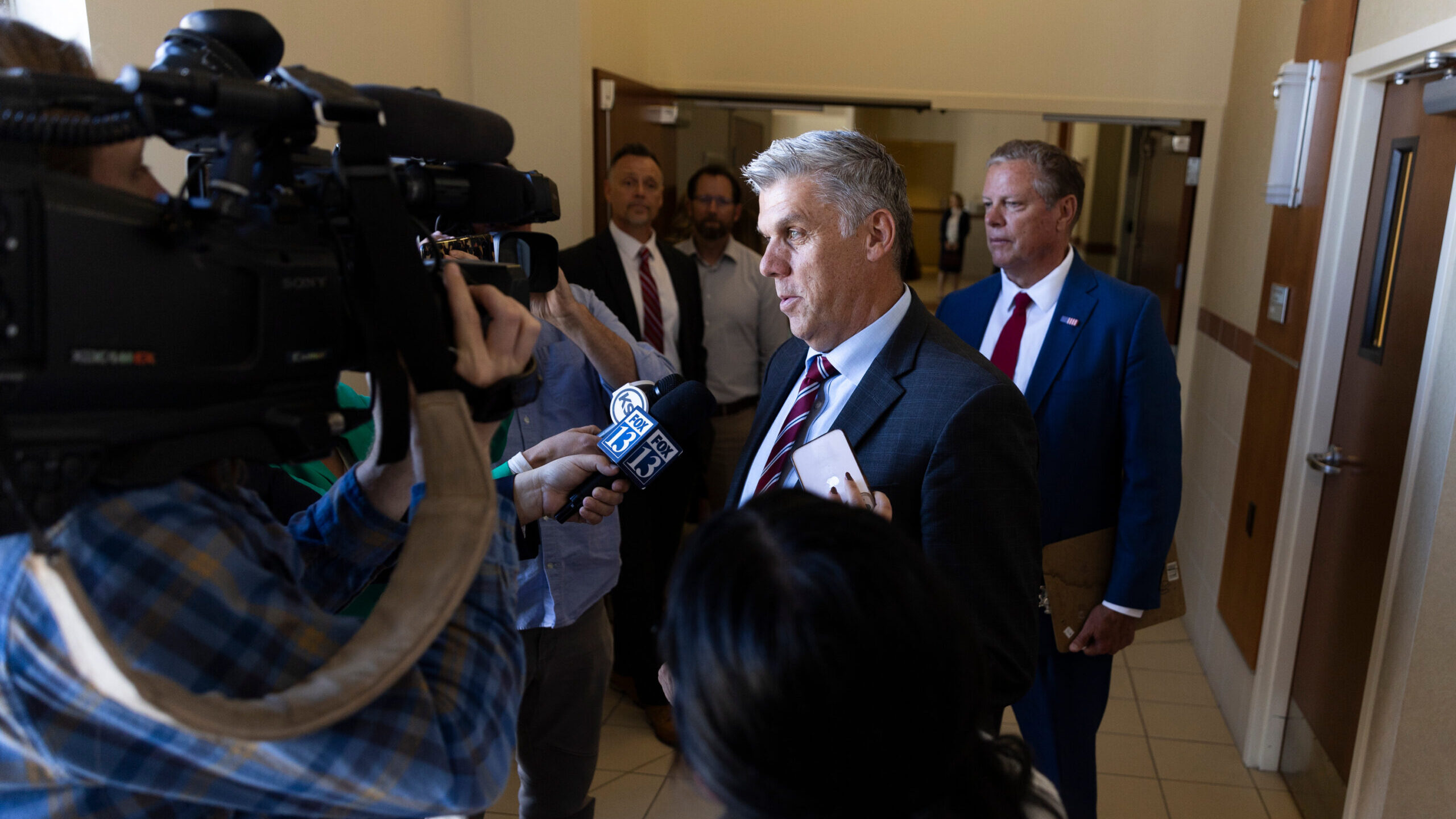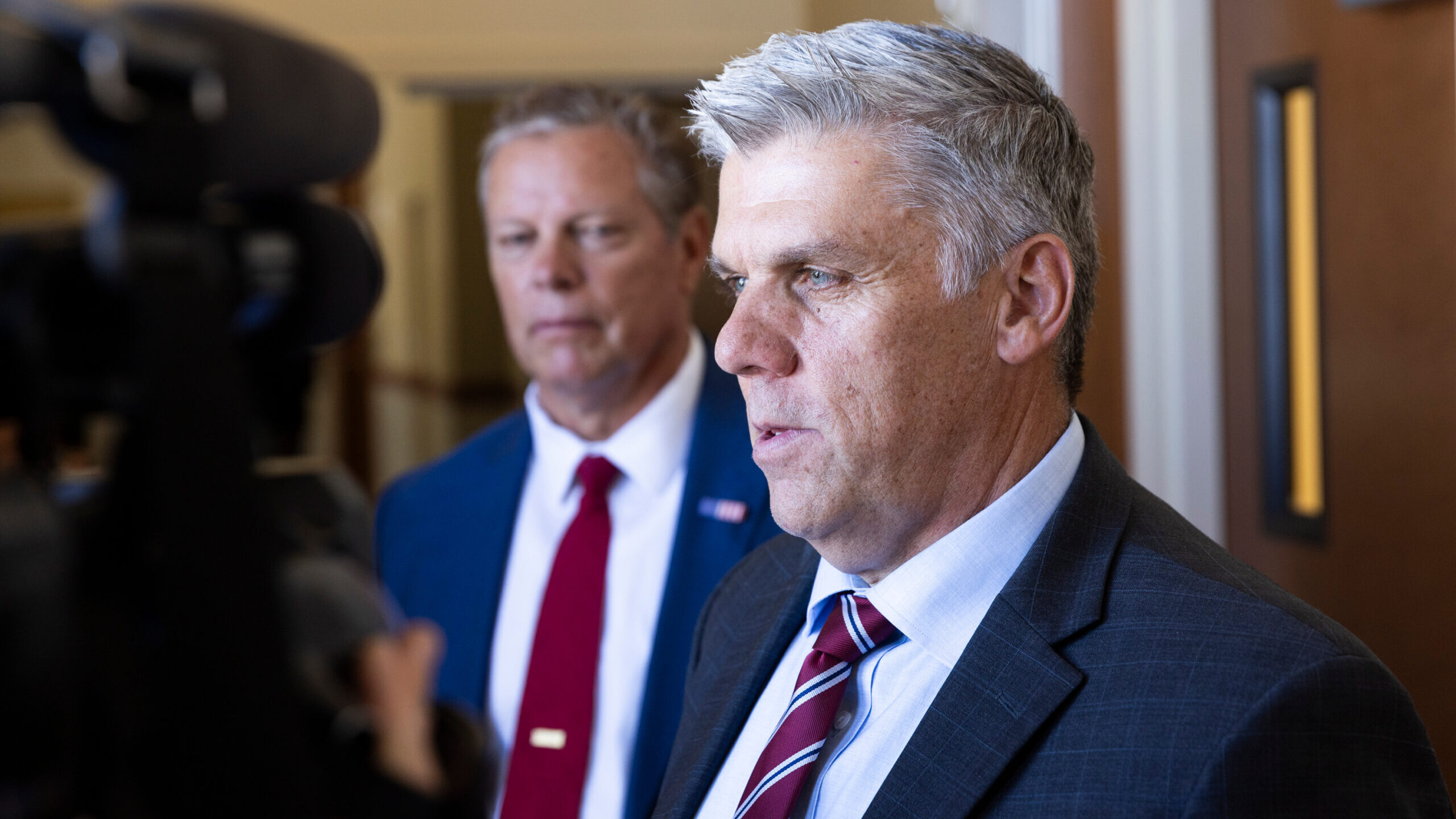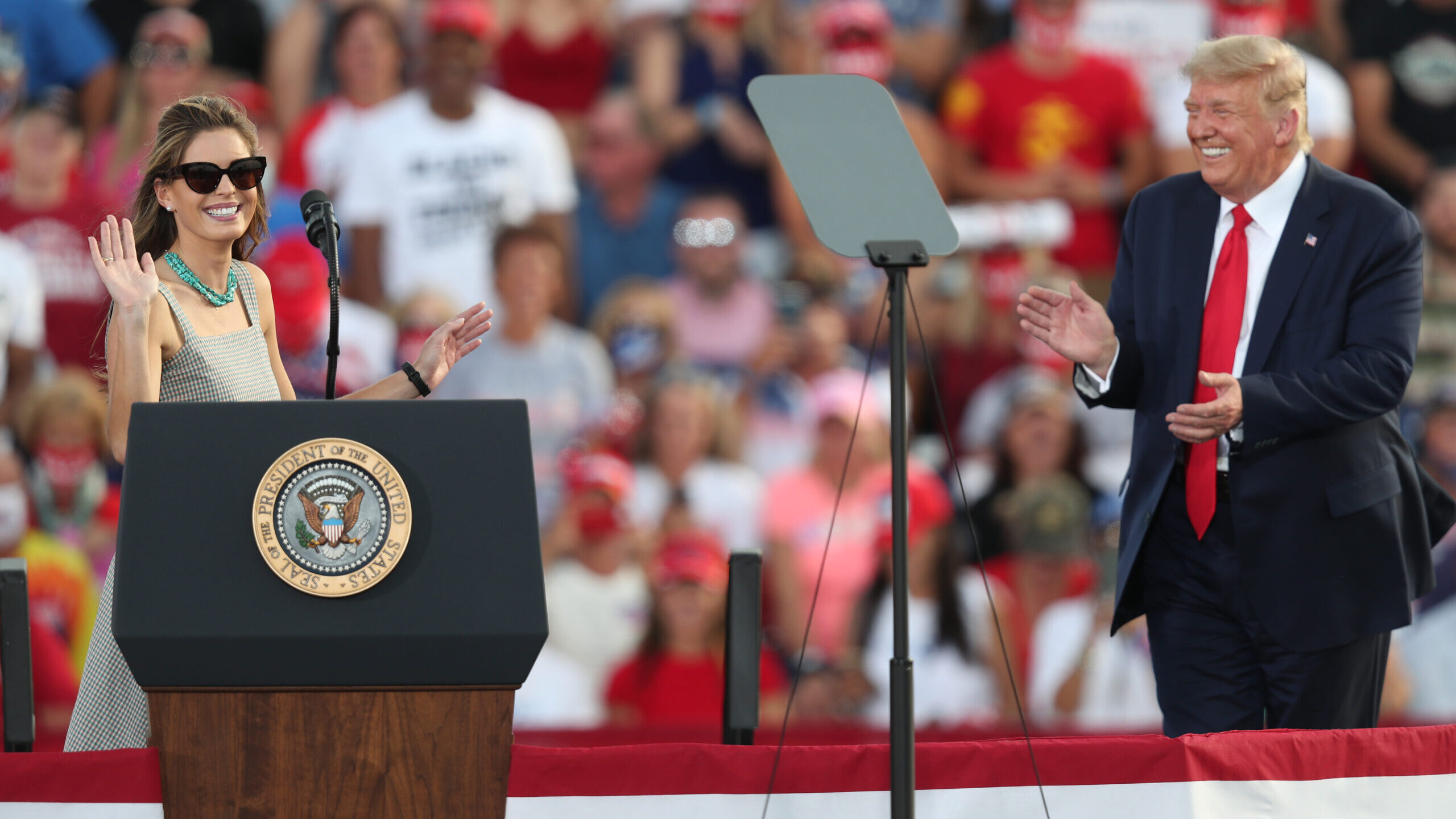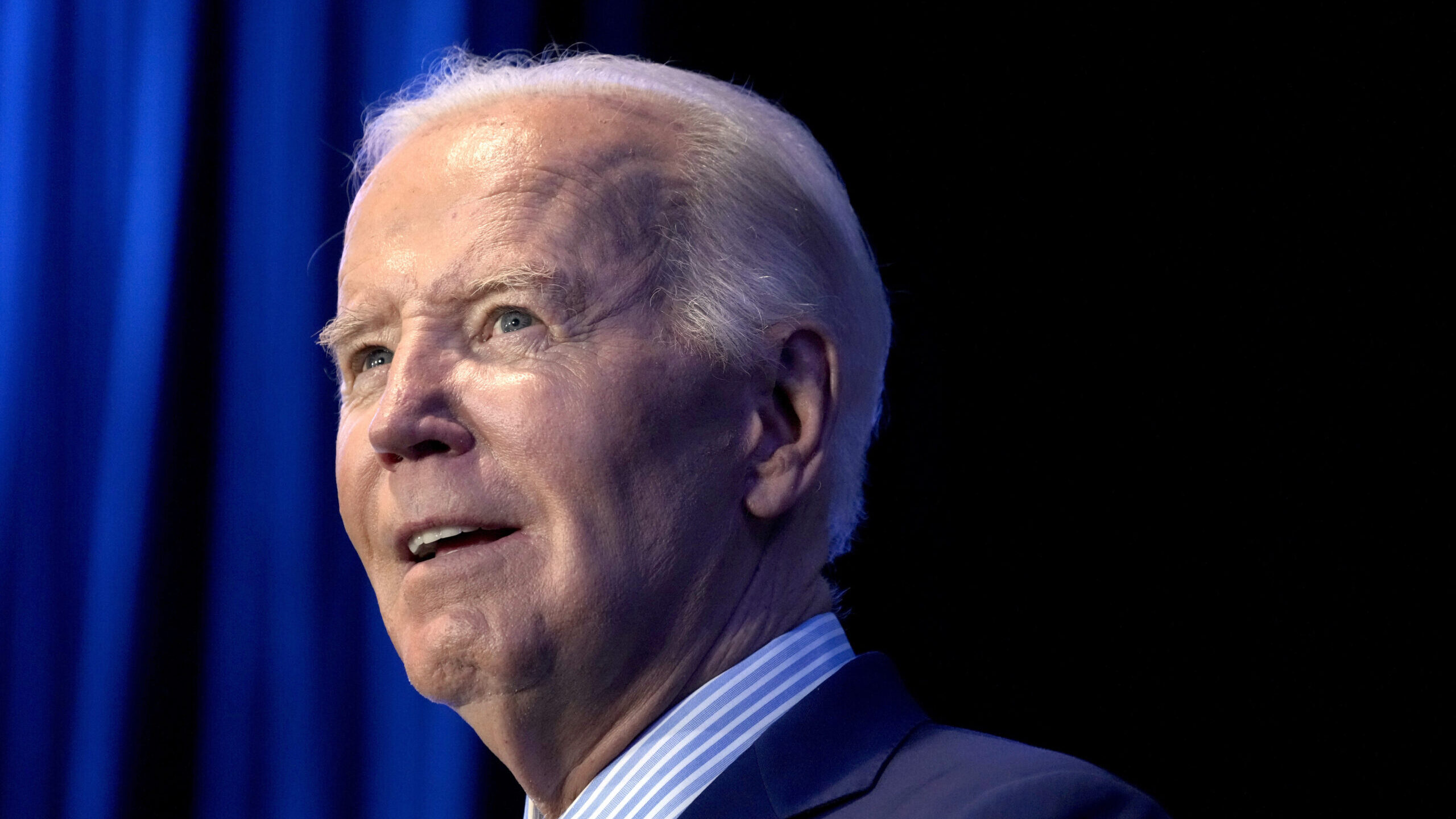What Utah’s Gen Z leaders are working toward
Jan 26, 2024, 9:30 AM | Updated: 10:42 am
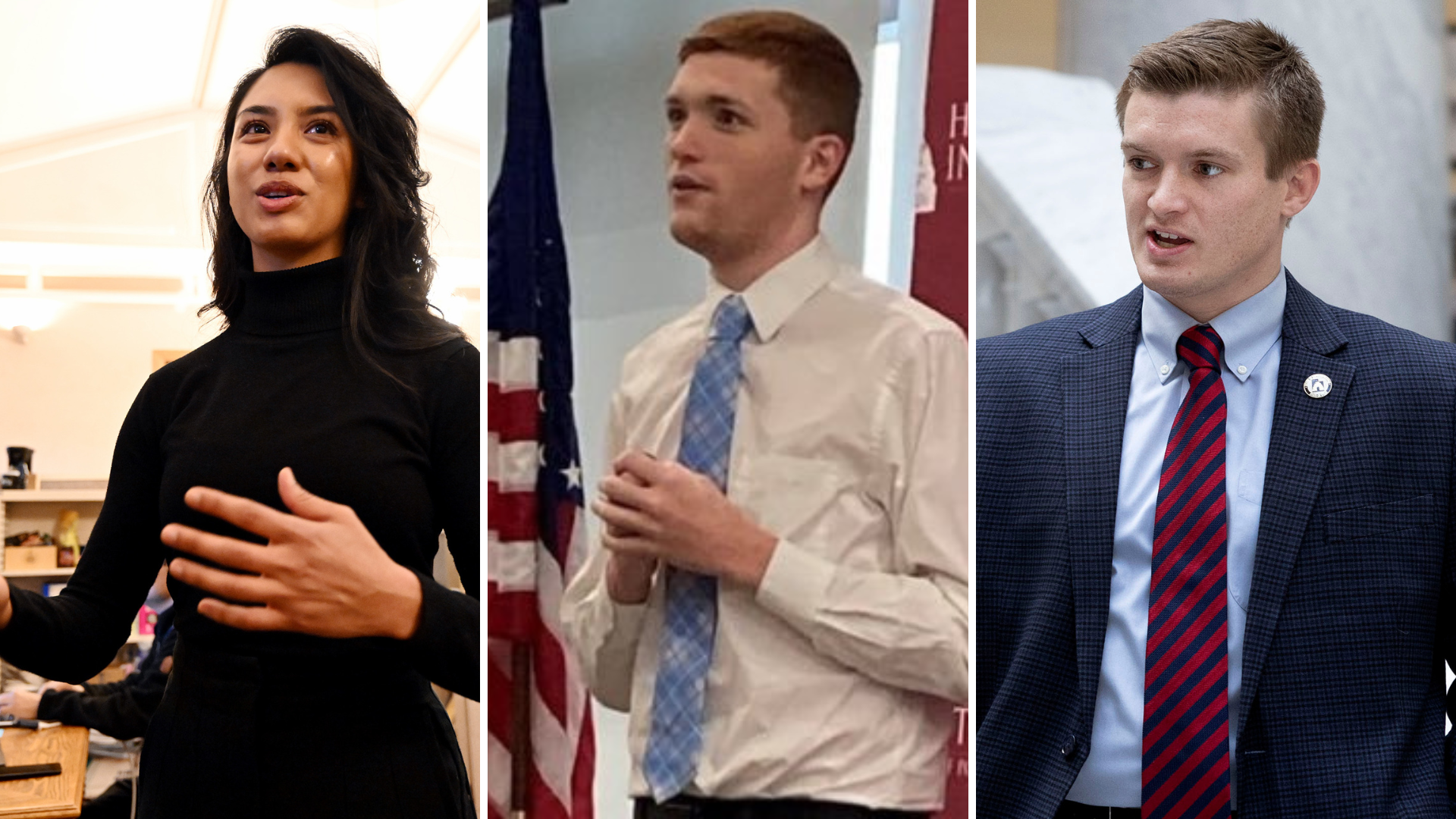
L-R: SLC councilperson Eva Lopez Chavez (Scott G Winterton, Deseret News), Kyle Friant (photo accessed from X), Rep. Tyler Clancy (Laura Seitz, Deseret News)
(Laura Seitz, Deseret News)
SALT LAKE CITY — People in their mid-20s, some of whom are Gen Z, are civic and national leaders in Utah and across the country.
Republican and Democratic members of Gen Z are filling seats in our councils and districts. What do they bring to a growing Utah? What do they bring to a partisan political climate?
“We wanted to make a positive impact”
Gen Z is the first truly “digital” generation, and the exposure afforded to them left a mark.
“I think a lot of the younger generation is super motivated to make a difference in their community,” said 25-year-old Rep. Tyler Clancy, R-Provo. He thinks Gen Z has two defining strengths: passion and engagement.
“A lot of Gen Z grew up in schools and neighborhoods that are diverse,” he said, adding that many young people experienced “interacting and working alongside people from all different walks of life.”
Clancy brings collaboration into his work. When asked to lead a task force aimed at mental health challenges and homelessness, Clancy wanted a politically diverse team.
“We were all here because we wanted to make a positive impact,” Clancy said. “And building on that, we made sure everyone felt comfortable to share their opinion and experience with no judgment. We came out with some pretty good recommendations.”
Issues over identity
Members of Gen Z are aware they’re inheriting some major issues. Utah’s young leaders see collaboration and proactivity as key.
Kyle Friant is also 25 years old. He’s been part of local political campaigns since he was a kid. Currently, he’s the campaign manager for Erin Rider, who’s running for Salt Lake County mayor. Friant leans center-right, but he embraces Gen Z’s political diversity.
He has good memories from his time with former Rep. Becky Edward’s congressional campaign.
“The young people on the campaign, regardless of their political affiliation, were really sick and tired of the partisan bickering that we were seeing,” he said.
He believes young voters have “larger perspectives” that get past bickering.
Personally, Friant said he knows environmental issues often fall outside his party’s interest. But he sees the fallout of poor air quality and a shrinking Great Salt Lake.
“I see that with my conservative hat on, and I say there’s no reason we shouldn’t try to find innovative policy solutions addressing these things.”
Friant knows people will disagree about how that happens, but he enjoys the engagement he’s seen across many campaigns.
“Every time I talk to someone across the political spectrum, I’m encouraged by their thoughtfulness, their willingness to engage, and their genuine kindness.”
But Friant warns Gen Z could endanger this opportunity if they stay in their partisan corners.
Building the community
On the other side of the aisle, Eva Lopez Chavez agrees.
“I would love to put myself in situations where there are differing or diverse ideas being spewed out there,” she said.
She’s a 27-year-old Democrat who sits on the Salt Lake City Council. She’s especially proud of the pioneering culture she’s seen among Gen Z’s downtown scene.
For her, they bring a “conscious movement” to the table.
“In past generations, we see people wanting to work or accept the circumstances of their neighborhood or community,” Chavez said. “Whereas I see Gen Z defining that for themselves.”
She knows many younger people who have started their businesses and then given back to the community.
“We’re also pioneering by creating economic opportunities that didn’t exist before,” she said. “It’s not just becoming a social influencer, but rather educating and creating narratives in a space that didn’t exist for other generations, like our parents’.”
“We care about being thoughtful and educating the public.”
Chavez sees Gen Z’s broad thoughtfulness as their unique contribution. She calls on her own generation’s struggles to address home ownership during central-city councils. She believes the best way to combat misinformation is to engage with people who disagree.
Stopping the stigma
Gen Z is often stigmatized for having a dangerously short attention span. If true, this could make them prone to believe in misinformation. These leaders agree engagement is the solution, and we all need to start in our communities.
“One thing I often ask people is ‘How many close friends do you have who have a strongly different opinion than you?’ Too often, that answer is zero,” she said.
Chavez says anyone can come to city hall and engage in the history of Salt Lake City.
“Meeting them face to face, switching languages, making it family friendly so children can come along,” she said. “Marketing has changed, and so has the education behind participation.”
Meanwhile, Clancy says our communities need young voters’ experiences.
“I think there’s a place for everyone at the table when it comes to decision-making,” Chavez said. “I’d love to see more of our younger generation build that confidence moving forward.”
Related reading:


